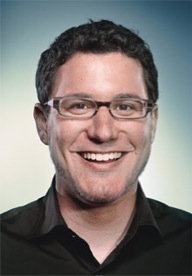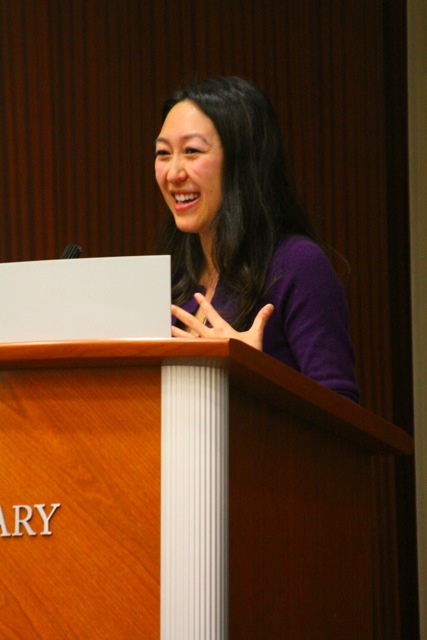Eric Ries (author of The Lean Startup) to Speak at UCLA
Eric Ries is the creator of the Lean Startup methodology, author of The Lean Startup, and the author of the popular entrepreneurship blog Startup Lessons Learned. He previously co-founded and served as Chief Technology Officer of IMVU. In 2007, BusinessWeek named Ries one of the Best Young Entrepreneurs of Tech and in 2009 he was honored with a TechFellow award in the category of Engineering Leadership. He serves on the advisory board of a number of technology startups, and has worked as a consultant to a number of startups, companies, and venture capital firms. In 2010, he became an Entrepreneur-in-Residence at Harvard Business School.
Eric Reis will speak at Shoenberg Hall. NCIIA and the Technical Entreprenuerial Community will be showcased at this event.





